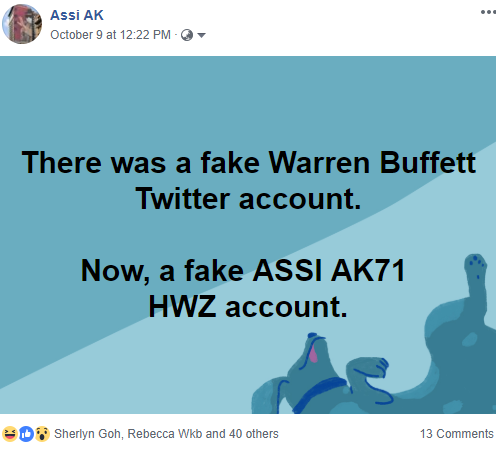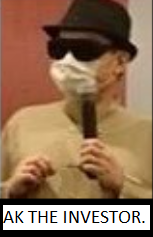This blog post is a reply to a comment made by a reader, pf.
Read pf's comment: here.
Hi pf,
Actually, some time ago, that was what someone told me too. I have provided the link to the related post at the end of this blog post, if you are interested in reading the story.
We can make money from stocks in one of two ways, capital gains and dividends.
So, although I like to say that entry prices are important because that has a bearing on future capital gains and also dividend yields, if we had paid a fair price for a good business, we should do OK too in the longer run. Yes, longer run.
In the longer run, we might not do as well by way of capital gains but if the stock pays regular and meaningful dividends out of its earnings, we will still do quite well over time.
However, if we should need the money for specific purposes in the near future and are forced to liquidate, then, we could end up losing some money if Mr. Market should be feeling depressed at that point in time. So, it is important not to use money earmarked for specific purposes in the near future for investing in equities.
After many years of struggle, I like to think that I have found my way and I am glad to say that my current home will be fully funded by capital gains and dividends paid to me by Mr. Market.
Some money are best left in FDs and some money should be in equities. Once we have sorted this out, we should do better.
Related post:
To be richer, be comfortable with being invested.


























